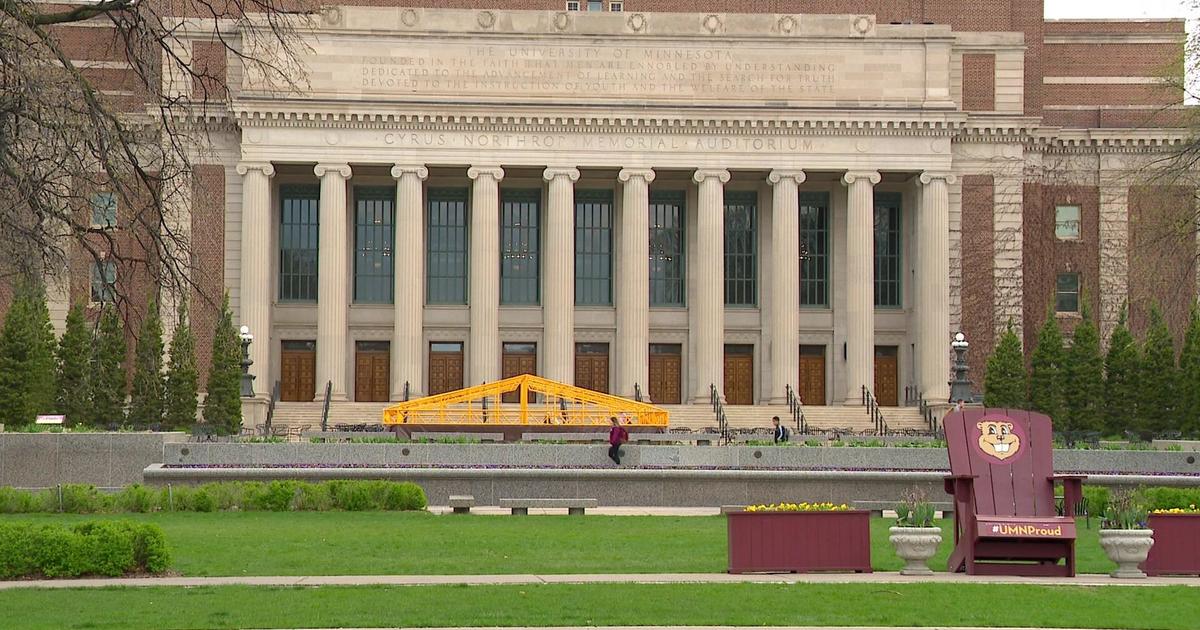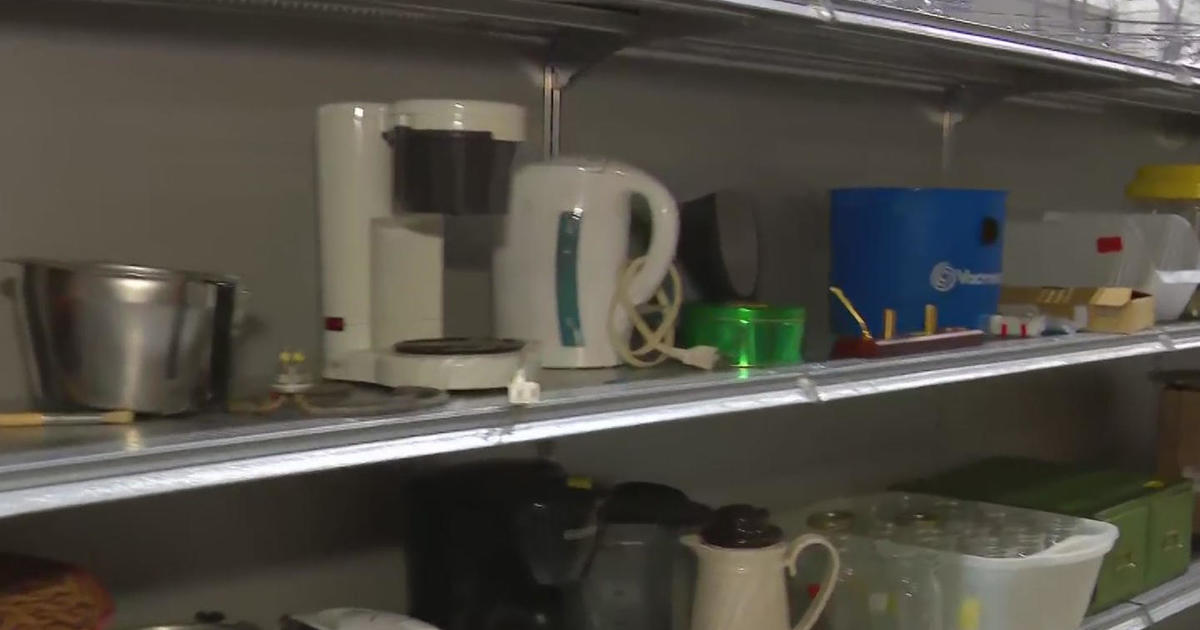Rare Small Intestine Transplant Performed At U Of M
MINNEAPOLIS (WCCO) -- A little South Dakota boy named Drake Dosch is the lucky recipient of a medical achievement that has only happened 19 times in Minnesota history -- the transplant of the small bowel, a critical part of our intestines.
The 2-year-old with a big smile has a large scar on his abdomen as a clue to his life-saving visit to the University of Minnesota Amplatz Children's Hospital.
"Drake was born with a very peculiar deformity where he had an intact stomach. He had an intact colon. What he was missing was a small intestine," said University Clinical Director of Pediatric Transplantation Dr. Srinath Chinnakotla.
Dr. Chinnakotla transplanted the small intestine from a donor three weeks ago. It is the part of the intestine where food's nutrients are absorbed. Without it, Drake had survived his entire life on intravenous feeding.
His parents, Jeremy and Kelsie Dosch are excited he will finally get to do normal childhood things.
"To eat, to run around without tubes on him," said his mother. "He's so active and lively, he would laugh and spin and then we'd have to un-twirl him (to unwind the tubes) and he thought that was funny."
The University of Minnesota was first to prove a small intestine transplant was possible. In 1959, Dr. Richard Lillehei demonstrated the procedure in dogs. Dr. Chinnakotla said much progress has been made since.
"When I started training in the 1990s," he said, "a small bowel transplant was very experimental and the success rate was only in the range of 10 percent to 20 percent."
Today, Chinnakotla said his success rate is closer to 80 percent.
Barring a major medical breakthrough in the future, Drake will be on anti-rejection medications for the rest of his life to prevent organ rejection. Dr. Chinnakotla said the vast majority of our immune cells lie in the intestine, which makes finding a good tissue match even more important.
Only 60 to 80 pediatric small bowel transplants are performed in the United States each year. The University of Minnesota is the only place in Minnesota, and one of just eight facilities in the nation, with an active small intestine transplant program.



